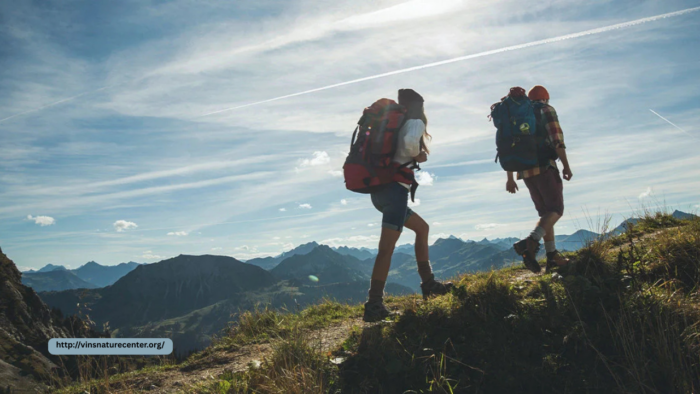
Overcoming addiction is a challenging and deeply personal journey that requires more than just willpower—it demands a transformation of lifestyle, mindset, and environment. While clinical therapies and support groups form the foundation of many recovery programs, outdoor activities such as hiking offer an often-overlooked yet incredibly powerful avenue for healing. Immersing oneself in the natural world, moving through scenic trails, and reconnecting with the body and surroundings can significantly support sobriety and long-term recovery.
The Physical and Mental Benefits of Hiking
Hiking is more than a form of exercise; it’s a holistic experience that engages the body, mind, and spirit. Physically, it offers a cardiovascular workout that releases endorphins, improves stamina, and enhances overall health—all of which are essential for rebuilding the body after the strain of substance abuse. The rhythmic movement of walking in nature can also have a meditative effect, reducing anxiety and promoting emotional clarity.
Mental health benefits are just as impactful. Hiking has been shown to lower cortisol levels, decrease symptoms of depression, and increase feelings of vitality and self-esteem. These mental boosts are crucial for individuals in recovery who often struggle with low mood, guilt, and emotional volatility. The natural setting itself plays a role—trees, fresh air, and natural light all contribute to improved mood and reduced psychological stress.
Mindfulness in Motion
One of the keys to staying sober is learning to live in the present moment. Hiking naturally encourages mindfulness. As individuals navigate trails, they must focus on each step, observe their surroundings, and remain aware of their body’s movements. This state of presence helps calm the mind, disrupt negative thought patterns, and reduce cravings. Nature’s sensory richness—the rustle of leaves, birdsong, the scent of pine—draws attention outward and away from inner turmoil, offering moments of peace and groundedness.
Building Resilience and Self-Efficacy
Addiction often strips away a person’s sense of confidence and control. Outdoor challenges like hiking help rebuild those qualities. Reaching the summit of a hill or completing a long trail can serve as a metaphor for the recovery journey: difficult, sometimes steep, but ultimately rewarding. These accomplishments provide a tangible sense of achievement and reinforce the belief that one is capable of overcoming obstacles—both on the trail and in life.
Moreover, the unpredictability of nature—weather changes, uneven terrain, fatigue—teaches adaptability and perseverance. These are critical life skills that mirror the emotional resilience needed to navigate sobriety and avoid relapse.
Social Connection and Community
While hiking can be a solitary, reflective experience, it can also foster community. Group hikes or outdoor recovery programs provide a sense of camaraderie and shared purpose. Building healthy relationships with others who are also committed to recovery helps combat isolation, a common trigger for relapse. In nature, people connect on a more authentic level, free from distractions and digital noise.
Conclusion
The journey from addiction to recovery is deeply personal, but it doesn’t have to be walked alone—or indoors. Hiking and other outdoor activities offer a natural, accessible, and profoundly healing way to support sobriety. With each step on the trail, individuals not only move away from their past struggles but also move closer to self-discovery, resilience, and triumph. In nature’s embrace, they find not just escape, but empowerment.